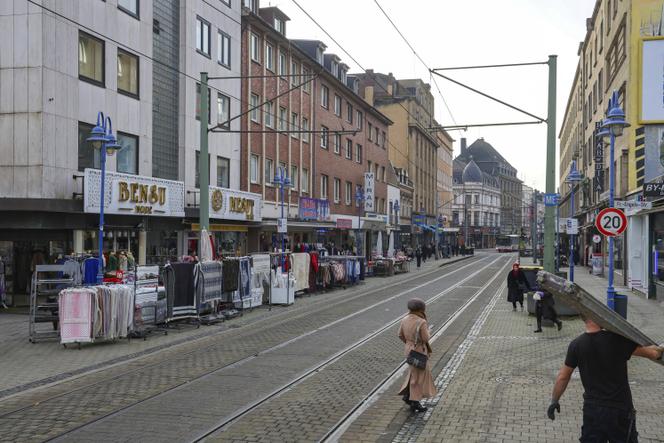


The café was decorated with colorful oriental patterns and black-and-white photos of film stars. "These are not Hollywood actors, they are Turkish actors," explained Hakan Alkaç, who was elected on September 14 to the Marxloh neighborhood council in Duisburg (North Rhine-Westphalia) on the ticket of the far-right Alternative für Deutschland (AfD). He spoke in Turkish to the young waitress, who was picking out orange blossom pastries from the display case. She had striking light eyes and wore a headscarf.
Arriving from eastern Turkey with his parents in the 1980s, this 42-year-old entrepreneur felt at home here: He grew up in this northern Duisburg neighborhood, the city's most populous and youngest, now mainly known for its high unemployment rate and its immigrant population. Several waves of migration have come through since World War II – most notably Turks in the 1960s and 1970s who worked in mines and steel mills, later replaced by newcomers from Eastern Europe.
"The Ruhr has a long history of immigration," explained Uwe Neumann, a geographer at the Leibniz Institute for Economic Research. "For a long time, that worked well and protected the region from the far right." But in the legislative elections on February 23, the AfD came in first place in Hamborn, the district that includes Marxloh, with more than 27% of the vote, six points higher than its national score.
You have 78.15% of this article left to read. The rest is for subscribers only.
